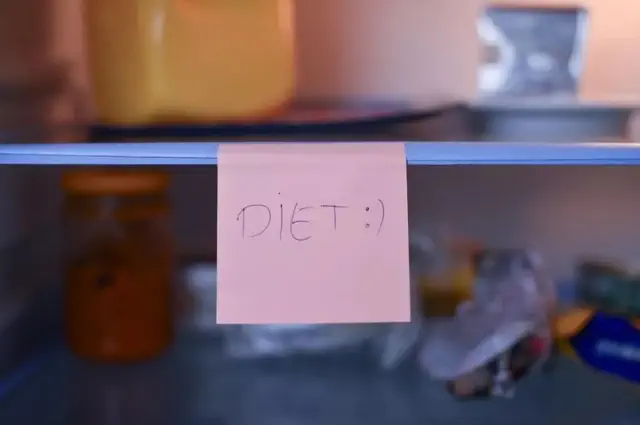Avoid getting caught up in another trendy diet in 2025.
Following the New Year, just about everyone on the internet—qualified and not—starts offering up dieting advice like clockwork. And for every well-balanced and sustainable plan you see, you can expect to be bombarded with even more fad diets. However, as they gain traction and popularity, even the diets that aren’t worth trying are worth discussing. After all, it’s not always easy to tell the difference between nutritionally sound plans and scientifically unproven schemes without an expert eye to guide you.
The new "Human Being Diet" (HBD) is among the latest crop of arbitrarily specific diet plans making the rounds. While this three-month program has some bright ideas about the types of foods you should be eating for better overall health and weight loss, it has also raised more than a few eyebrows when it comes to safety.
What does the Human Being Diet entail?
Nutritionist and influencerPetronella Ravenshea first developed the Human Being Diet after noticing that many of her clients struggled with weight loss despite dieting and exercising. While speaking withWomen’s Health, Ravenshea explained that by eating fresh, nutrient-dense, minimally processed, and anti-inflammatory foods rather than ultra-processed foods, you can lose weight while boosting your energy, improving your skin, enhancing your sleep, and more.
According to the dietitians and nutritionists we consulted, this information holds true. Nevertheless, it is only by examining the three distinct phases of the Human Being Diet more closely that the shortcomings of the plan start to become apparent.
Phase One of the Human Being Diet spans the initial 48 hours and is highly restrictive. During this period, Ravenshea recommends that individuals consume only vegetables and drink exclusively water. Moving into Phase Two, she proposes a 16-day detox regimen that should not be repeated more than twice annually. This stage, referred to as "The Reset," involves a daily caloric intake of 700 to 900 calories, which is significantly below the typical recommendation for most adult women. Lastly, Phase Three focuses on incorporating high-quality proteins, healthy fats, and certain fruits into the diet while completely eliminating legumes, wheat, and grains.
What are the potential risks associated with the Human Being Diet?
Carolina Schneider, RD, a registered dietitian who works with individual clients and serves as Daily Harvest's nutrition advisor, says that those considering the Human Being Diet should be skeptical of purported benefits: "The diet claims to deliver benefits like 'boundless energy,' 'perfect weight,' and 'flawless skin,' but none of these promises are backed by clinical evidence."
She points out that, in contrast to evidence-based diets such as the Mediterranean or DASH diets that encourage a balanced and flexible approach to eating, the Human Being Diet enforces strict regulations and overlooks the unique nutritional requirements of individuals.
"Schneider, a dietitian, believes this is yet another fad diet that undermines a positive relationship with food. 'Severe calorie cuts and the avoidance of nutrient-rich foods such as legumes can be detrimental,' she explains. 'An effective diet should be sustainable, practical, and tailored to individual needs, rather than being governed by inflexible, universal guidelines.'"
What are some effective ways to shed pounds instead?
Michael Reavis Jr., a registered dietitian and certified specialist in sports dietetics, suggests that a more gradual and sustainable plan could better help you meet your long-term goals. He and many experts also advise against cutting out entire food groups, opting instead to consume all in moderation.
"Whole foods are fantastic—as a dietitian, I’d be remiss to tell clients not to eat more of them," he tells Best Life. "However, eating only whole foods can be an abrupt change, especially for people who have a family, a full-time job, little cooking experience, or have never eaten this way before."
"He suggests that phase two should be restructured into an extended timeframe, allowing for the introduction of one or two new whole foods each week. This gradual approach will help to replace more processed foods over time. By the end of eight weeks, you could incorporate four to eight new whole foods, steering your diet towards a greater emphasis on whole foods," he recommends.
If your goal is to shed some pounds, it's advisable to steer clear of trendy diets and concentrate on sustainable eating strategies backed by research. Consult with your healthcare provider or a nutrition expert to discover ways to implement enduring modifications to your dietary habits.










